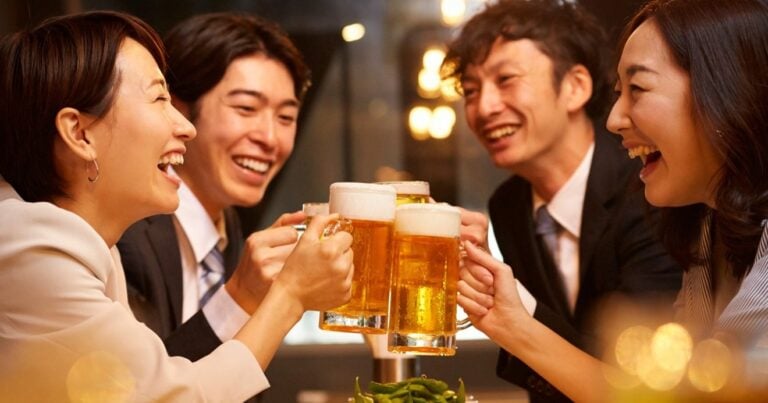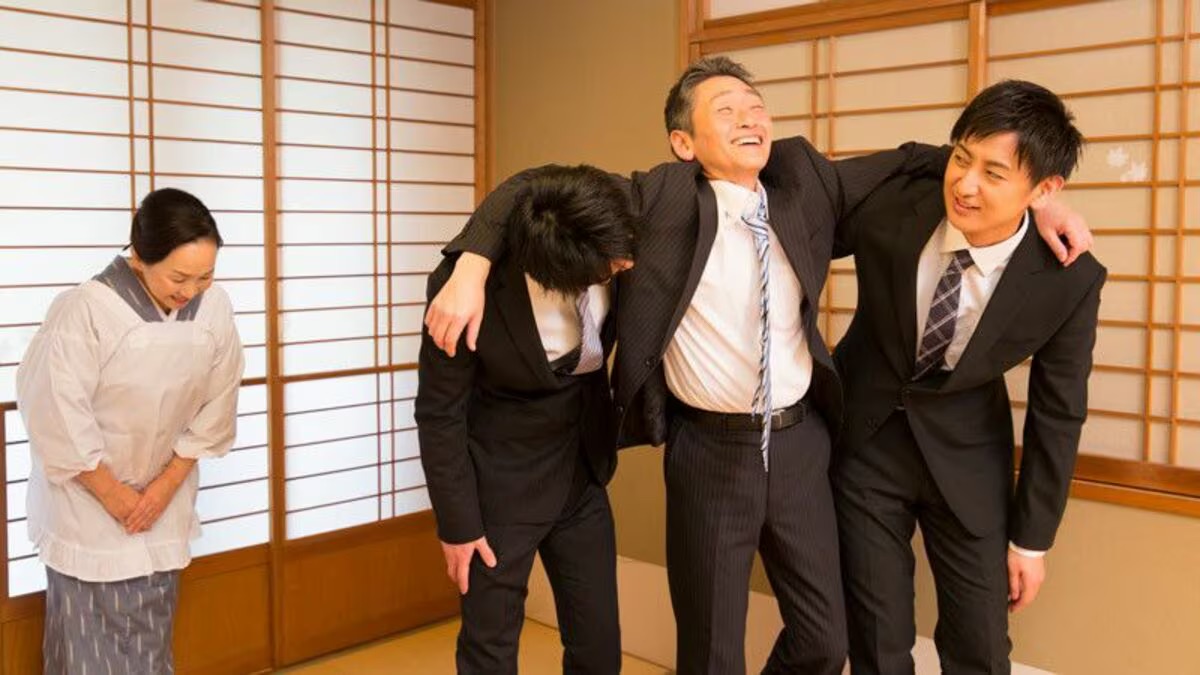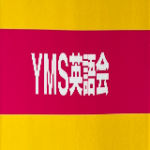
It’s well known that Japanese work life is hectic and that doesn’t end even after you clock out as the nomikai is still waiting for you. The nomikai (飲み会) or drinking party is designed to build trust, rapport and to practice “nomunication” or communication between coworkers and has been a part of Japanese work culture for a long time.
Traditional Drinking Culture in Japanese Business: Understanding Drinking Parties
The word “nomikai” can be broken into two parts: “nomi” (to drink) and “kai” (gathering). It often elicits a nostalgic image of Japan during its bubble years of high growth and rapid development. These drinking parties take place when a new employee enters the company, someone leaves the company, at the end of the year and even to start the new year. They also happen after a big sales success or at the end of a big project, as well as generally for networking between businesses.
Culturally, socializing over drinks is a way to get to know your coworkers and let loose. It’s also an important chance to engage in “nomunication,” or getting to know your coworkers over drinks. Japanese work environments are high-stress, so letting off a bit of steam together over drinks helps teams bond and recharge before going back to work. Usually accompanied by food, there are karaoke and games to enjoy as well, and can involve multiple locations. The regular rules for the office don’t matter as much at the nomikai, but there are still some important things to remember.

Understanding Nomikai: Hierarchy, Etiquette and Safety
An important thing to know before attending a nomikai is how the Interplay of hierarchy within companies influences their dynamics. Often a manager will invite the team out, and this invitation is more of an order–to not attend a nomikai means potential consequences for future job prospects or, at minimum, a generally unpleasant daily office environment. Location and seating arrangement will be decided in advance, with the higher ranking people usually at the end of the table.
At a nomikai, drinking is encouraged and an important part of the etiquette is to let another fill your glass instead of filling it yourself. This is part of the nomunication and team building aspect. Junior employees, particularly new employees, are generally expected to pour the drinks for senior employees, but it depends on the workplace. If you’re not sure what to do, just pause and observe your coworkers. Remember that the party doesn’t end until the host says it does.
A note about safety, if you are unable to drink or have reached your limit, it’s ok to let someone know. Don’t be afraid to politely refuse. You may see coworkers pushing themselves past their limits, but there is no need to match everyone’s pace. Being from another country can be an advantage in this situation–the social expectations for you are a bit lower.
Building Rapport and Trust: The Importance of Nomikai in Team Cohesion
These events are not simply a place to get drunk–they’re an important part of building rapport and trust among teams. And it’s a networking opportunity–good relationships and connections with the right people mean the potential for promotions, interdepartmental cooperation and further reinforces the team’s dedication to the end goal.
An interesting aspect to the nomikai is that whatever is said, though helpful in building trust and loyalty, can be brushed off the next day since everyone is under the influence. It’s the perfect excuse to remove your inhibitions and escape from the strict and stuffy work environment. You get to share your honest thoughts with the expectation that, if not received well, will be forgiven later. Finally, if you’ve made it through the three or more locations, it’s common to end the night with a bowl of ramen together. This is a chance to unwind after the party and bond over a simple midnight meal of hot noodles.
Shifting Perspectives: Recent Changes & Effects of Globalization
During the pandemic, nomikai quieted down and were even banned for a while, but are mostly back now that most of us are back in the office. One of the biggest changes to the nomikai has been in gender and hierarchy. With more awareness of gender discrimination and power harassment, things are improving for the better. And with younger people in Japan drinking less, the perception of the nomikai has been negative, causing nomikai to change. With less pressure to drink and plenty of soft-drink options, like ginger ale, juice and sometimes even mocktails, the nomikai environment is slowly but surely becoming more inclusive and respectful.
And with more employees arriving from overseas, the nomikai has had to evolve rapidly. Take for example, the increasing number of workers from Indonesia–many do not drink for religious reasons. With more and more people of diverse backgrounds working in Japan, the nomikai has shifted to a social gathering with less focus on alcohol. Another changing aspect is the invitation of people’s families–depending on the company, your family may attend as well. While not common, these developments are showing us a new face to the nomikai.
Future Outlook: What Will Happen to the Nomikai?
So, now that you know more about the nomikai and its importance, you should be able to navigate social aspects of the workplace and build meaningful connections with greater confidence. While businesses are rethinking the traditional nomikai, it remains a cornerstone of Japanese business culture. Due to its role in fostering team cohesion and strengthening working relationships, the nomikai is bound to evolve along with the changing social and cultural norms. As globalization presses forward, we may lose a few things along the way, like the word “nomunication.” But the essence of coming together and building camraderie at the nomikai will endure, ensuring the it will continue to play a critical role in Japanese professional life. For now, cheers to your new prospects–the party is just getting started.















